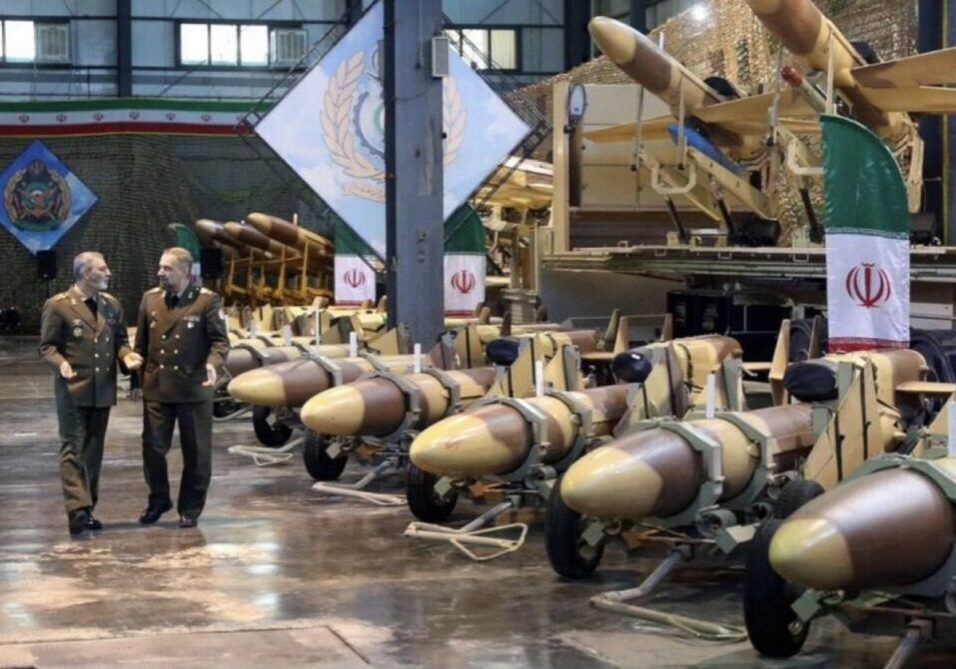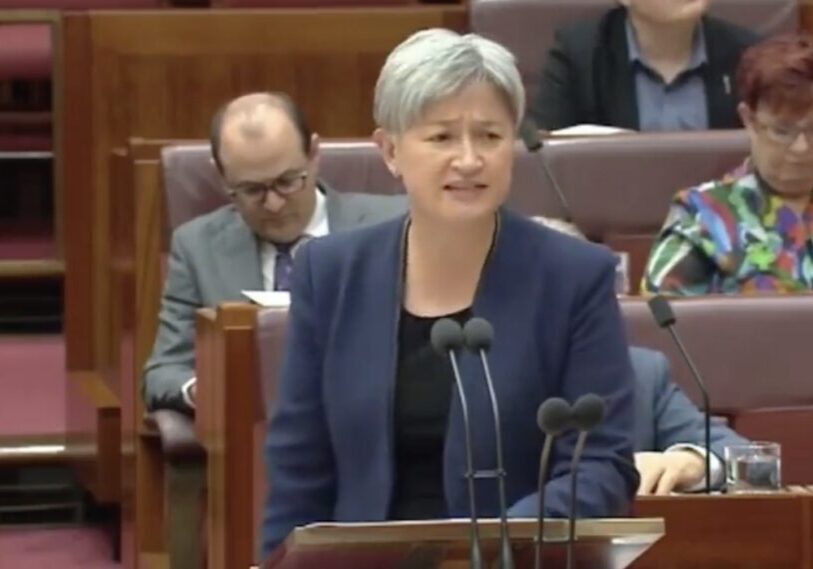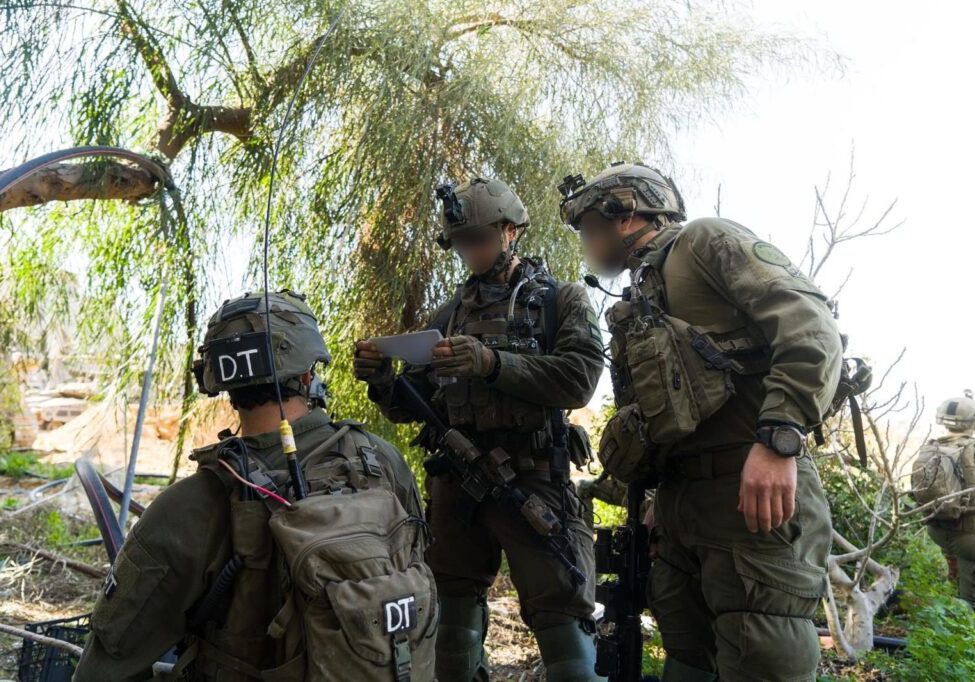Australia/Israel Review
Media Microscope: Welcome to Oz, Dr. Zarif
Apr 1, 2016 | Allon Lee
Allon Lee
Iranian Foreign Minister Javad Zarif’s controversial visit to Australia prompted cautious support and stinging criticism of Foreign Minister Julie Bishop for extending the invitation and appearing at a joint press conference.
On March 11, the Australian‘s foreign editor Greg Sheridan wrote, “the Iranian government has absolutely no intention of becoming a responsible player,” Bishop risked “her integrity as a political leader through her political embrace of Iran” and noted Iran still spouts “hate-filled, anti-American, anti-Israel and frequently anti-Semitic rhetoric.”
On March 14, Sheridan said Bishop should praise Persian civilisation’s “profound contribution to humanity… over many centuries” but declare its current government’s “central values and tenets offensive to every value that Australia holds dear.”
Editorialising on the visit, the Australian (March 14) called for “circumspection,” noting that Iran last week tested two ballistic missiles which “Western intelligence experts [said]…were designed for nuclear warheads” with the words “Israel must be wiped off the face of the earth” painted on their sides.
In a letter published in the Australian Financial Review (March 14), federal Labor MP Michael Danby wrote that, “prior to the nuclear deal, Australia had a history of condemning Iranian violations of international norms. We would also have condemned (Shiite) Iran and its terrorist subsidiary Hezbollah besieging the (Sunni) Syrian city of Aleppo. Australia under Ms Bishop has, since the nuclear deal, kept silent.”
Sydney Morning Herald international editor Peter Hartcher was more inclined to give Bishop the benefit of the doubt. He quoted former US Secretary of State Henry Kissinger’s analysis that “Iran needed to decide whether it was a ‘nation or a cause’.”
Hartcher outlined why he thought Iran’s people were leaning toward “nation”, noting current President Hassan Rouhani’s election in 2013 and the success in recent parliamentary elections of candidates deemed to be more moderate.
It was against this backdrop, Hartcher suggested, that the Islamic Revolutionary Guard Corps “who are more interested in the cause” fired the ballistic missiles; “their message? The military, with the political protection of the traditionalists, will do whatever it takes to wreck the Iranian rapprochement with the world… Bishop wants Australia to do what it can to help tip the balance.”
Australian Financial Review international editor Tony Walker (March 19) said Zarif “would have had us believe Iran is a peace-seeking force in the Middle East whose intentions towards its neighbours are benign. In a week when Iran test-fired a ballistic missile with an anti-Israel slogan in Hebrew on its casing, such protestations are, at the very least, questionable”.
But he praised Bishop’s “outreach” as “prudent statecraft” and questioned her Labor shadow Tanya Plibersek for accusing “Bishop of ‘turning a blind eye’ to Iran’s human rights abuses.”
In the Australian (March 18), John Lyons acknowledged the regime as oppressive but believed that if the “moderates in Iran are not able to demonstrate any benefit from any engaging with the world… then the hardliners… will argue that there’s no point in engaging with anyone.”
The Spectator (March 19) editorialised that Zarif has a “point” in being unhappy with Australia’s treatment of asylum seekers, saying “our failure to throw gay asylum-seekers off buildings, chop the limbs off thieving refugees and apostates, stone asylum-seeking adulteresses to death and gouge the eyes out of dissident refugees shows just how behind the times we are.”
In the same edition, commentator Rebecca Weisser said Bishop “didn’t bat an eyelid” while Zarif called for Iran and Australia to cooperate on “eliminat[ing] violent extremism”. Weisser noted that Iran is paying the families of slain Palestinian terrorists US$30,000, funds Hezbollah and Hamas, and sends weapons to Houthi militia in Yemen.
On ABC TV “Lateline” (March 16), Zarif complained, that Israel and the US “threatened to use force against Iran and nobody cares… threatened to use bunker busters against… peaceful nuclear facilities… but when we have a missile for our defence, people consider it to be provocative”.
Asked by host Philip Williams if he represents all of Iran or only a narrow section, Zarif disingenuously said Iran like Australia has a plurality of voices, which prompted Williams to ask, “well so when you test ballistic missiles with ‘Israel must be wiped out’ written on those missiles, is that representing the view of your government or is that something else?”
Zarif evaded answering the question.
This article is featured in this month’s Australia/Israel Review, which can be downloaded as a free App: see here for more details.
Tags: Australasia






